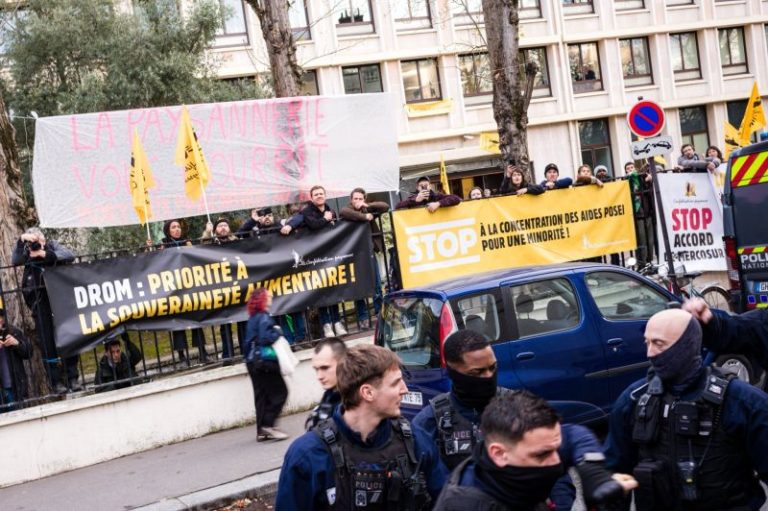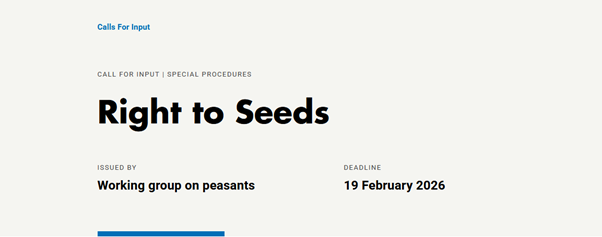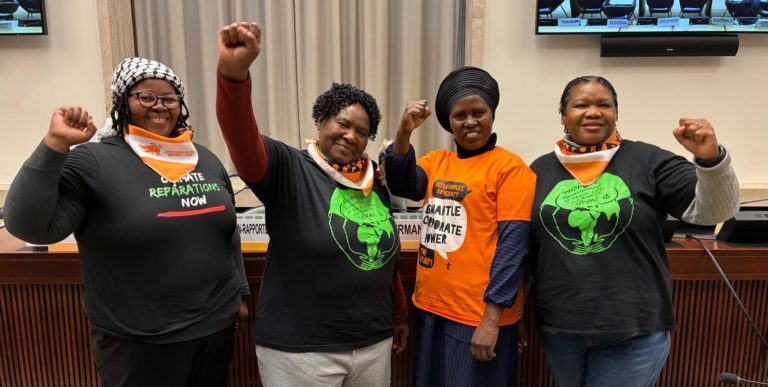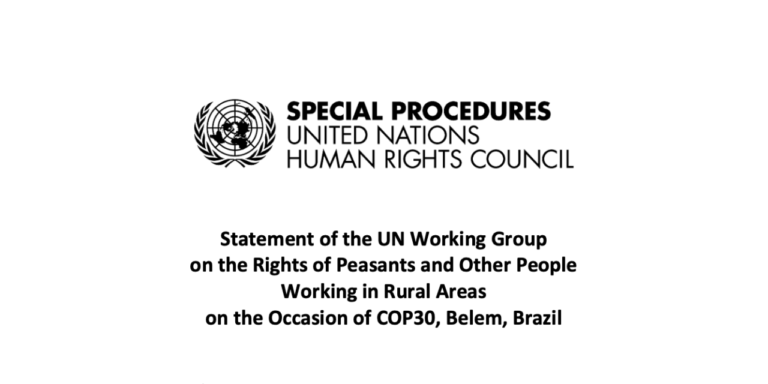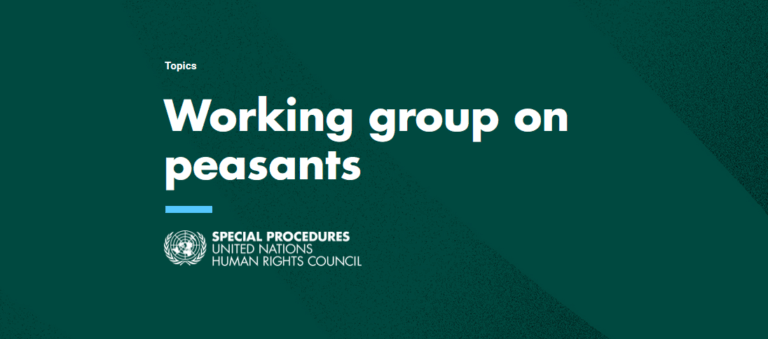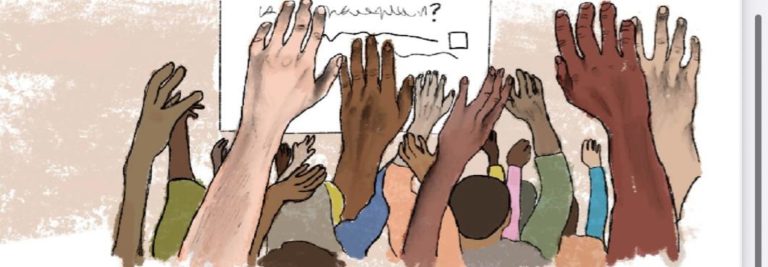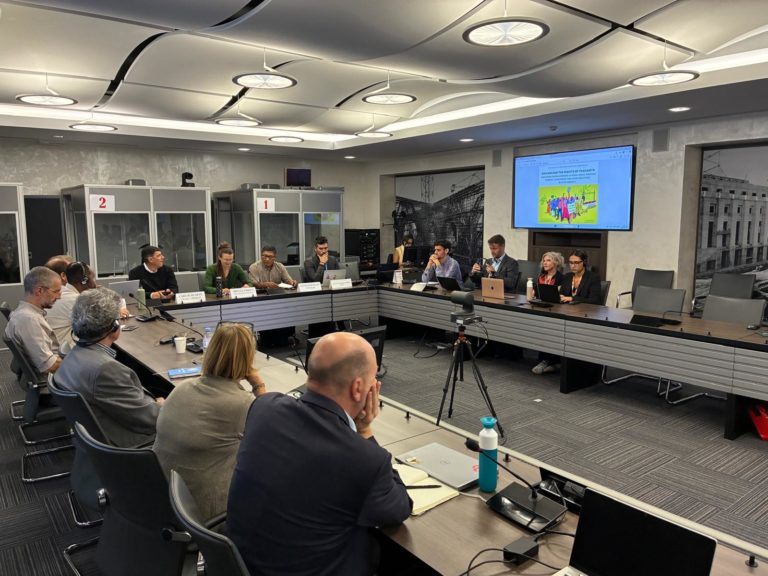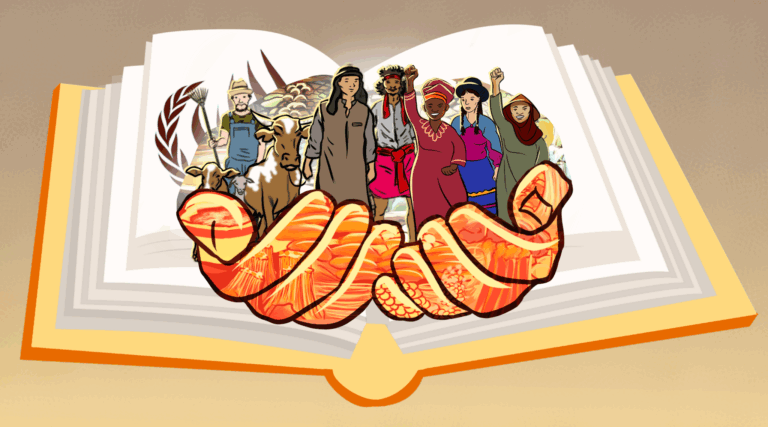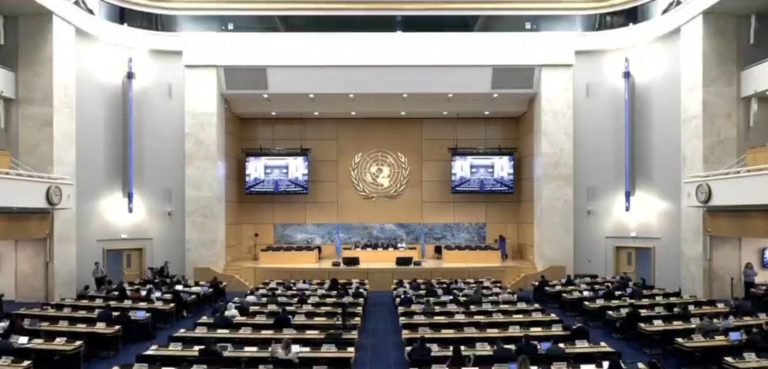52 peasants arrested in France: Confédération paysanne and CETIM appeal to UN Mechanisms
Defending Peasants’ Rights hereby republishes the press release issued by the Confédération paysanne and CETIM on 15 January 2026. Paris, Geneva, January 15, 2026 – The Confédération paysanne and CETIM filed today an official complaint with several Special Procedures of the United Nations Human Rights Council, following the arrest and detention of 52 peasants, members…

